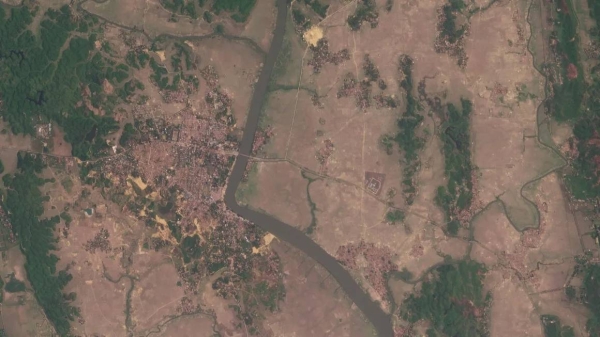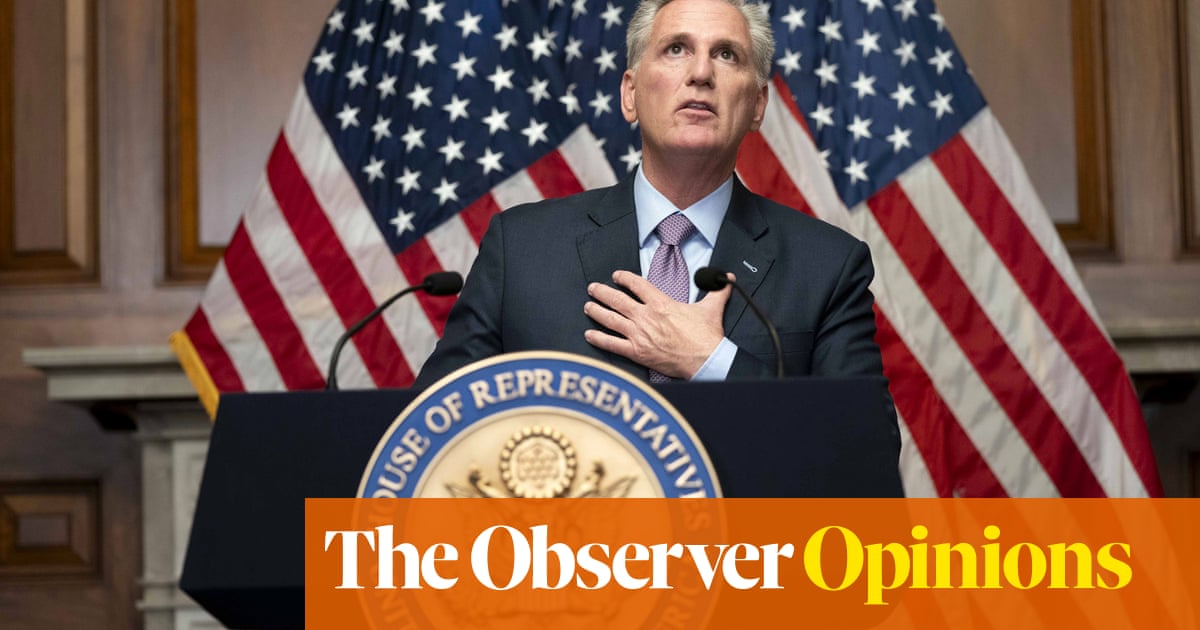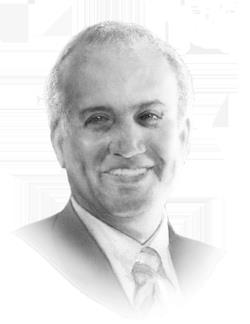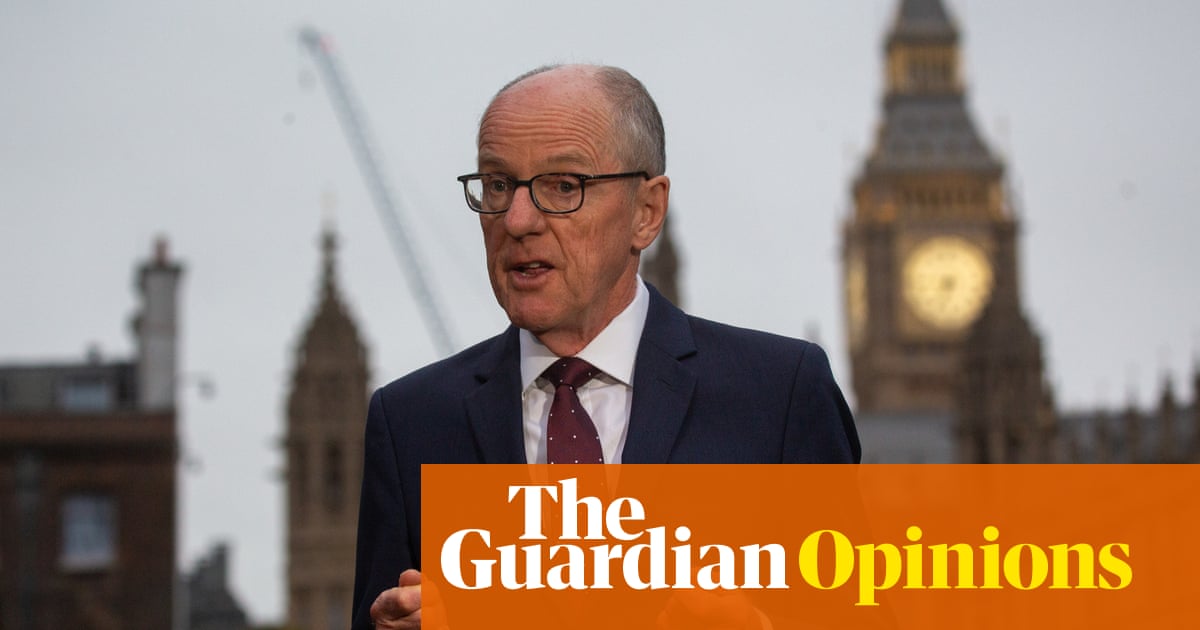
As night descends over Beirut’s suburbs, the sounds of bombs are now a familiar and harrowing presence, underscoring an ongoing war that targets not only civilians but the very act of bearing witness. Early last Friday, an Israeli drone struck the Hasbaya region in southern Lebanon, where journalists were gathered, killing three and injuring two more. For these journalists, the risks are part of a bleak routine — a job that, in this region, has resulted into all-too-frequent brushes with death. In the Middle East, journalism is no longer a profession; it is a perilous journey, in which facts are relentlessly under fire and the cost of telling the truth may well be one’s life.
This latest attack marks yet another chapter in a grim pattern, as assaults on journalists by Israeli forces and other actors have become an unmistakable, if tacit, strategy within the region’s conflicts. These incidents bring renewed urgency to the ongoing, often disregarded, call for journalists to be protected — a call that, as many have come to fear, falls on deaf ears amid the cacophony of war.
In regions where violence is ceaseless and the rules of engagement blurred, journalists increasingly find themselves as collateral — or intentional — casualties. The Middle East, in particular, is a notorious killing ground for journalists. Reporters Without Borders ranks it as the world’s most dangerous region for media professionals, a title it has held for decades. In October 2023 alone, at least 30 journalists died covering the hostilities in Gaza, many of them locals documenting the tragedies within their own communities. Lebanon’s quieter yet persistent turmoil has also claimed more journalists over recent years; casualties of a volatile political climate and residual violence from the Syrian civil war that continues to reverberate throughout the region.
In the 12 months following the Oct. 7 attacks, 70 percent of all journalists and media workers killed worldwide died in attacks carried out by Israel, according to the Committee to Protect Journalists. This staggering statistic exposes the magnitude of risk, as journalists in Gaza and Lebanon’s ongoing wars have to contend with aerial bombardments, ground assaults and the deadly precision of sniper fire.
In regions of turmoil, information is power. Silencing journalists is a chillingly effective way to control narratives, suppress the truth and distort public perception. Press freedom advocates argue that the targeting of journalists has become a calculated tactic in the Middle Eastern conflict playbook. Silencing the media denies populations access to unbiased information, leaving them susceptible to misinformation and manipulation by warring parties. Beyond direct assaults, journalists face an unyielding web of restrictions, shutdowns and interference from all sides. Deliberate attacks on journalists form part of an institutional disregard for press safety that contravenes international conventions.
The consequences ripple beyond the Middle East’s borders. Intimidation and violence deter many foreign correspondents from entering these zones, leading to a scarcity of international coverage. Local journalists, who bear the bulk of this burden, also face elevated dangers as they lack diplomatic protections and often work in the shadow of international neglect. They are subject to detention, harassment and violence, with the knowledge that the laws meant to protect them remain unenforced or ignored.
International conventions, including the Geneva Conventions, assert that journalists are civilians who should be protected in war zones. Yet, in practice, enforcement is alarmingly rare. The cases of only one in 10 murdered journalists are properly investigated, according to the UN, allowing perpetrators to act without fear of repercussions. For journalists in Gaza, Lebanon and similar conflict areas, the law offers little sanctuary. Amid the territorial disputes and political fragmentation that define these regions, prosecutions of those who harm journalists remain rare, further emboldening those who view the press as a threat.
UNESCO and the Committee to Protect Journalists have continuously urged warring parties to respect journalistic neutrality. But in an environment where media workers are regarded as adversaries, these appeals are frequently disregarded. Without stronger enforcement mechanisms and a genuine commitment to accountability, the international legal protections meant to shield journalists are nothing more than paper promises.
The struggle for journalistic safety in conflict zones has prompted a surge in advocacy from organizations such as Reporters Without Borders, the Committee to Protect Journalists and the International Federation of Journalists. These groups call for robust protections, proposing measures like internationally monitored safe zones for journalists and specialized task forces to investigate attacks. Some advocates urge the International Criminal Court to classify attacks on journalists as war crimes, hoping this will deter future violations and hold perpetrators accountable.
Silencing journalists is a chillingly effective way to control narratives, suppress the truth and distort public perception.
Dr. Abdellatif El-Menawy
Despite mounting deaths and continuous threats, journalists in Gaza, Lebanon and other conflict regions remain committed to exposing the raw truths of war; a commitment they honor even as the risks escalate. Their work serves as an unfiltered lens through which the world glimpses the human cost of conflict — if only briefly, as these glimpses are often obscured by the darkness of suppression and violence.
Amid relentless chaos and fear, the question of “until when?” reverberates; a haunting echo that underscores the high-stakes game of journalism in the Middle East. As journalists press forward into perilous zones, they do so with the knowledge that their lives may become part of the story — a chilling testament to the bloodstained ground upon which they tread.
The world’s awareness of global suffering, conflict and injustice hinges on those willing to document and disseminate the truth. If these front-line truth-tellers continue to face unparalleled risks without significant protections, the consequences will ripple far beyond the Middle East, signaling a loss for truth, transparency and humanity. Protecting journalists is no longer merely a matter of policy; it is an ethical imperative that is essential to sustaining a world that values accountability, humanity and, above all, the right to know.
Dr. Abdellatif El-Menawy has covered conflicts worldwide. X: @ALMenawy












